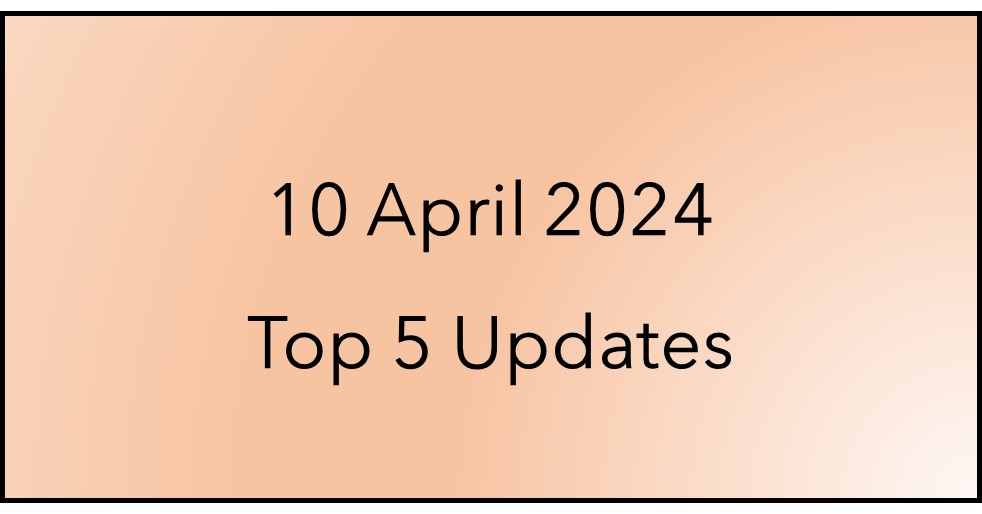Dear Reader, We are happy to share the most interesting legal and policy updates concerning health industry that we read today. We hope you enjoy reading it.
Delay condonation should be evaluated based on reasons provided and not merits of case: Supreme Court
In a recent decision, the Supreme Court held that in condoning delay for a filing for which limitation period has been stipulated under the Limitation Act, 1963, a Court should not base its decision on whether such delay has been condoned in a similar matter, evaluating delay on merits of the fact situation, but rather each delay should be evaluated on the grounds pleaded in the application for its condonation.
Source: bit.ly/49MllnH
Central Government to take strict action against non-compliance with quality maintenance in manufacture of fire-resistant fabrics raw material
The Indian Central Government is intending to take stringent action against violators of the Bureau of Indian Standards (BIS) Quality Control Order for raw material used to manufacture fire-resistant fabric used in upholstery used in commercial spaces such as cinema halls, conference halls etc. Pursuant to issue of this Quality Control Order, only those raw material that have been certified by the BIS may be used in manufacture of commercial space upholstery. However, this Quality Control Order does not apply to upholstery used in households or those manufactured for export.
Source: bit.ly/4cKT4R3
Indian Government partners with Quality Council of India to improve services at Central Government run hospitals
India’s Central Ministry of Health and Family Welfare has entered into a Memorandum of Understanding with the Quality Council of India, to help improve quality standards for healthcare delivery at government run hospitals and help the hospitals get accredited by the National Accreditation Body for Hospitals/ Laboratories.
Source: bit.ly/3Ub0ful
Prices of imported Active Pharmaceutical Ingredient see sharp decline due to action against cartelized manufacturers
Despite an increase in demand in the Indian domestic pharmaceutical manufacturing sector for Active Pharmaceutical Ingredients (APIs), indicated by a 39% increase in year-on-year imports, the price of APIs being imported from China and other countries has reduced significantly to pre-COVID levels. This reduction is suspected to be caused by breaking-down of manufacturing cartels. This reduction in prices of API signifies an increase in profit margins for Indian firms which have traditionally been depended on Chinese imports.
Source: bit.ly/43Qlo0d
ECHR holds that inaction against climate change may be considered violation of human rights
The European Court of Human Rights has issued an award in favour of several Switzerland based petitioners who brought claims against their Government. The Court held that the European Convention on Human Rights envisages citizens right to be protected by their government against adverse effects of climate change. The petitioners had claimed that the inaction of the Swiss government and insufficient mitigation measures had caused a violation of the petitioners’ human rights, since such inaction by the government has increased their likelihood of dying of heat stroke.
Source: bit.ly/3JbMLZ6


